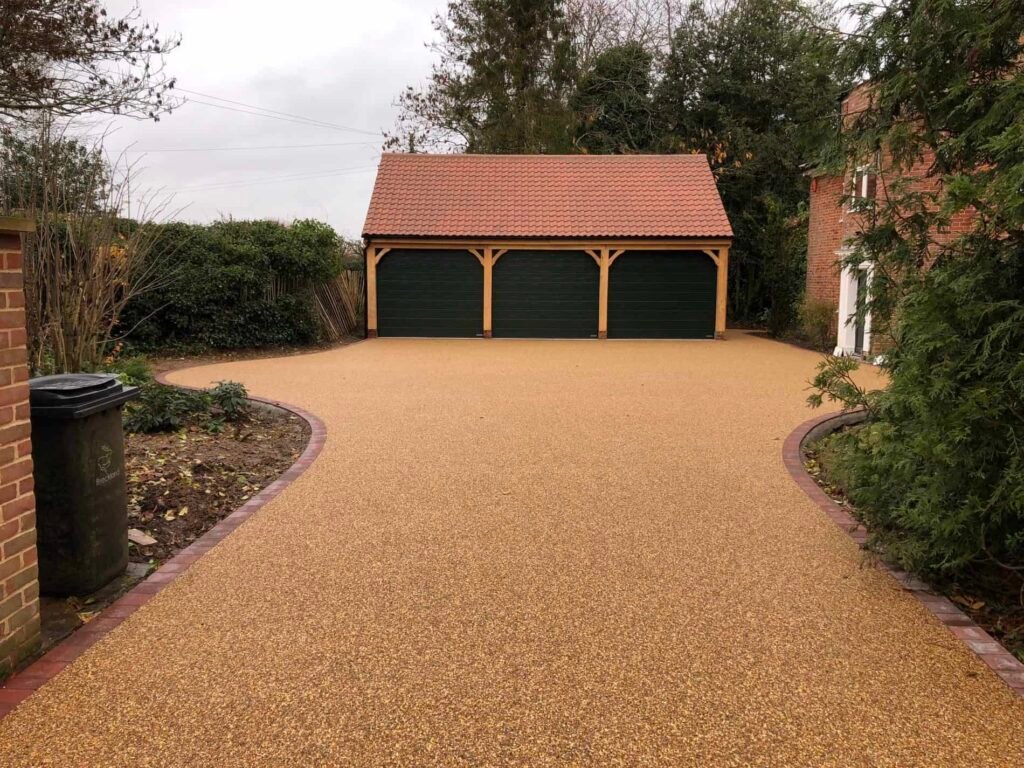Concrete & Driveways
Concrete & Driveways
Your driveways is the first thing that the people see, so your driveway has huge impact on impression. UltraRenovations choose the best driveway design for your home
AAAAAAAAAAAAAAAAAAAAAAAAAAAAAAAAAAAAAAAAAAAAAAAAAAAAAAAAAAA
Concrete Driveways
Concrete is a favored material for driveways, and for good reason. Concrete slabs are very strong and durable, and they require very little maintenance. The combined strength and longevity make concrete a relatively good value for large areas of paving. As a driveway surface, concrete is more expensive than gravel and asphalt, but it is considerably less expensive than a driveway made with brick, cobblestone, or concrete pavers—and it typically outlasts all of these.
Asphalt driveways
Whether you need to install a new driveway or replace an old one, asphalt is almost certainly one of the options you will consider. A properly installed asphalt driveway will perform much like concrete (a step up in durability) but at a much lower cost. One of the tradeoffs with asphalt is that you should seal it every few years for proper maintenance, while concrete is essentially maintenance-free.
Gravel driveways
Gravel driveways are popular in some areas since they are low-cost and easy to maintain. In rural areas, gravel is the material of choice for both driveways and roadways. For many homes, it is not uncommon to have gravel driveways leading to concrete garage floors. Gravel is far less expensive for long driveways than most other driveway materials, and it can last for generations with regular maintenance.
Resin bound driveways
A Resin Bound driveway is an attractive and highly practical way to transform your home and add instant kerb appeal. Resin Bound offers a premium look that can be both traditional or contemporary and it complements properties of all ages and styles. Resin Bound driveways are beautiful to look at, require little maintenance and are easy to clean. They are also permeable, which means unsightly puddles are a thing of the past and, equally importantly, Resin Bound is SUDS compliant which means planning permission is not required as long as a suitable base or a soakaway is used.

Brick and cobblestone driveways
The term cobblestone has come to mean a couple of different things in today’s world, but its true meaning refers to small natural stones used for paving. They are usually granite, but can be made up of other stones or a combination of stones like basalt, limestone, or other natural stones. Some paving companies will refer to their concrete bricks as cobblestones but this is informal, as concrete is not a natural stone even though it can be used to create pavers that look like cobblestone. Cobble block paving is used mostly for its aesthetic charm. A cobble effect driveway has a unique look that many find attractive. This is the main reason why a person might choose cobblestone in a debate, as the natural stones look more authentic than engineered brick.
Pebbles and exposed aggregate
Exposed aggregate concrete can almost be compared to a piece of granite or marble transformed by polishing: A plain, unremarkable surface has been stripped away to reveal the exceptional beauty lying beneath. In the case of concrete, that beauty is in the form of decorative aggregate, either natural or manufactured.
